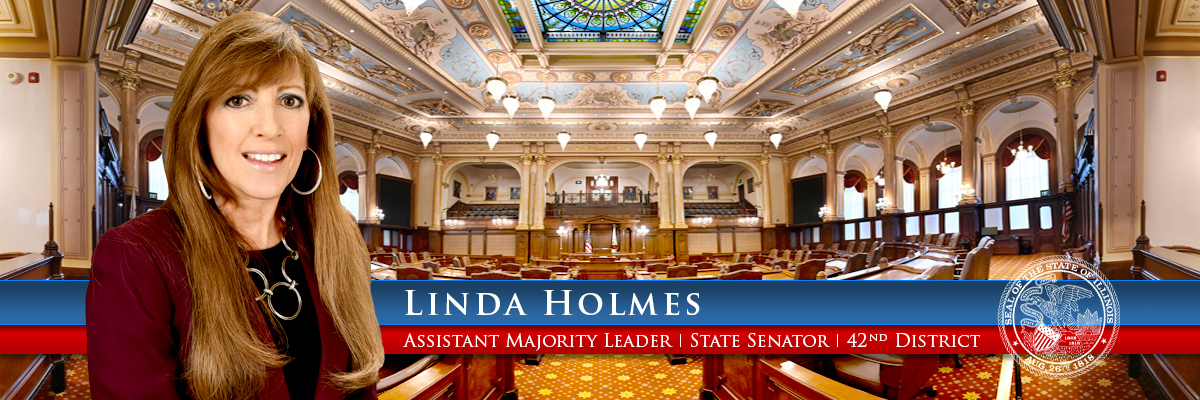 Aurora, Ill. – Headed by Senator Linda Holmes (D-Aurora), the Senate Labor Committee held a subject matter hearing Wednesday morning regarding unemployment issues stemming from the pandemic, with a focus on input from business and labor representatives.
Aurora, Ill. – Headed by Senator Linda Holmes (D-Aurora), the Senate Labor Committee held a subject matter hearing Wednesday morning regarding unemployment issues stemming from the pandemic, with a focus on input from business and labor representatives.
“The dramatic increases in unemployment and several new federal unemployment programs bogged down the Illinois Department of Employment Security’s offices and website, which kept thousands of Illinoisans from accessing their unemployment payments, adding more economic stress on top of job losses,” Holmes said. “They were understaffed and underfunded to meet this unprecedented demand.”
Pat Devaney, Secretary Treasurer of the Illinois AFL-CIO, and Rob Karr, President and CEO of the Illinois Retail Merchants Association, reiterated the commitment of Illinois labor and business to continuing to engage collaboratively in evaluating legislative proposals related to unemployment insurance aimed at addressing ongoing issues. They also said IDES constituent services have improved over the course of the last year considering the challenges the pandemic caused. However, much work remains.
The unemployment insurance trust fund used to fund state unemployment benefits is projected to have an unprecedented deficit, far exceeding what the state experienced following the great recession. Today’s witnesses agreed that no combination of tax increases or benefit cuts will be able to address this deficit alone and the State will need federal assistance.
The mass influx of unemployed workers seeking unemployment benefits has also brought to light issues related to worker misclassification that will need to be investigated further. Misclassified employees often are denied access to critical benefits and protections they are entitled to by law, such as the minimum wage, overtime compensation, family and medical leave, unemployment insurance, and safe workplaces. Employee misclassification generates substantial losses to state governments in the form of lower tax revenues, as well as to state unemployment insurance and workers’ compensation funds.
In the governor’s 2022 proposed budget address today, he expressed his desire to direct additional federal funding to help IDES take steps to upgrade their systems and increase call center capacity to help meet the unprecedented need to continue to improve service and speed up payments.




